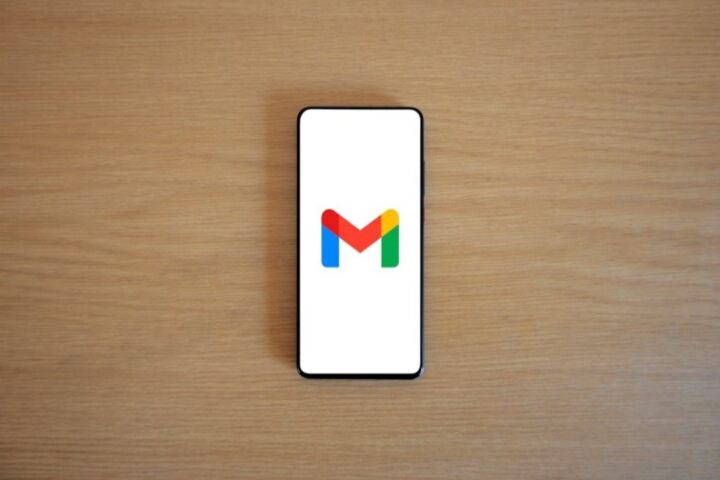According to the South China Morning Post, China has launched a pilot version of an app that allows users to save and pay with digital yuan, also known as e-CNY. The digital yuan isn’t a cryptocurrency; it was created by the People’s Bank of China (PBOC) to replace banknotes and coins. It isn’t a decentralised payment system, and it won’t work with the blockchain.
Although it may appear that people pay with digital cash when we use a credit card or an online payment service like PayPal or Apple Pay, the digital yuan is not the same. e-CNY, which has been in the works since 2014, is essentially physical cash turned into a digital form. According to report, a two-tier mechanism will be used to distribute the digital money, with e-CNY being transferred from the PBOC to commercial banks. The currency will subsequently be distributed directly to customers via banks.
The e-CNY does not offer the same level of privacy as bitcoin and other cryptocurrencies because it is not a decentralised currency. According to Deutsche Bank, users would have “controlled anonymity,” which means they will be able to hide their names from counterparties while still allowing authorities to monitor transactions for illegal activities such as money laundering.
WeChat and AliPay, two digital payment apps, already have a strong presence in China, with nearly nine out of ten Chinese individuals claiming to have used them in the last year. Although it may appear odd that the Chinese will wish to transition to the digital yuan, China has been actively promoting it. In the last two years, cities across China have held lotteries, awarding a total of 10 million digital yuan (roughly $1.47 million USD) to residents of Shenzen in October 2020, 20 million digital yuan (roughly $3 million USD) to residents of Suzhou in December 2020, and 40.2 million digital yuan (roughly $6.2 million) to residents of Chengdu in February 2021.
Bloomberg described a trade show in Beijing in September when participants were taught how to sign up for an account and the many ways to use the digital money, including wearables that users may tap against scanners to pay with e-CNY. Users can deposit the currency into their AliPay accounts, according to the report, implying that the two modes of payment have a symbiotic rather than competitive relationship.
Some banks demonstrated how foreigners may sign up for an e-CNY account using their passport and phone number, as well as convert foreign currencies to e-CNY, according to Bloomberg. As the 2022 Beijing Winter Olympics approach, this might be a method for China to use the currency to make it easier for visitors to make payments.
The new e-CNY app is available on both the Android and Apple app stores in China, however it is only available to residents of ten cities, including Beijing, Shenzen, Chengdu, and Shanghai. The app will also be accessible to use during the 2018 Olympics, according to CNBC.
- Cougars Coach Kelvin Sampson Chases 800th Career Victory in NCAA Finals - April 8, 2025
- How to Check IIT GATE 2025 Results Online? Complete Guide - March 19, 2025
- Deadmau5 Sells Song Catalog for $55M to Launch New Music Venture - March 6, 2025









